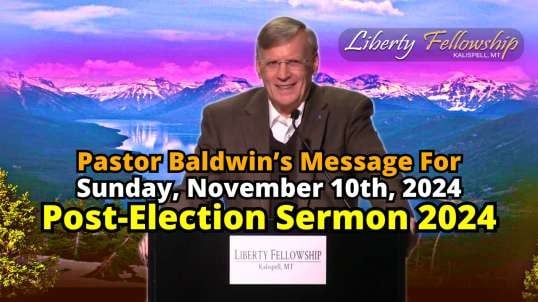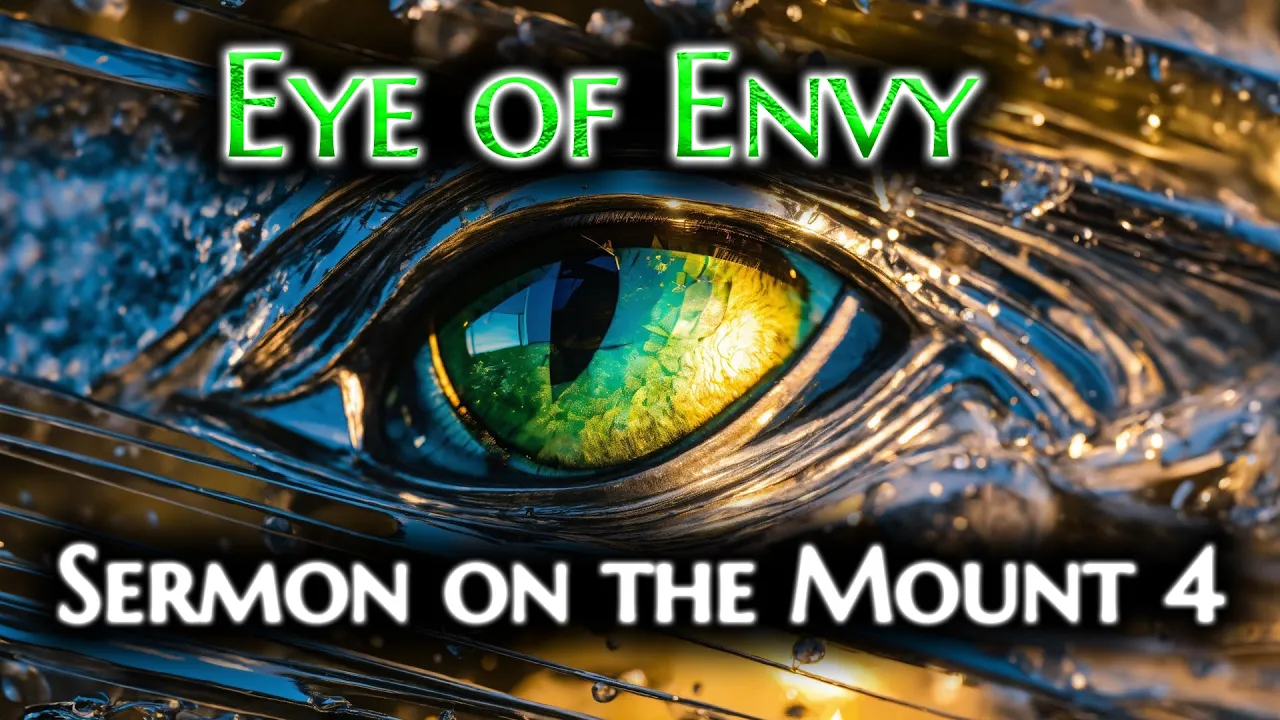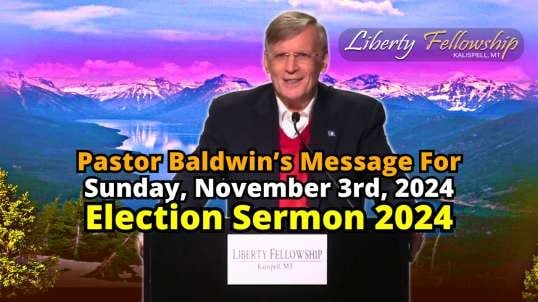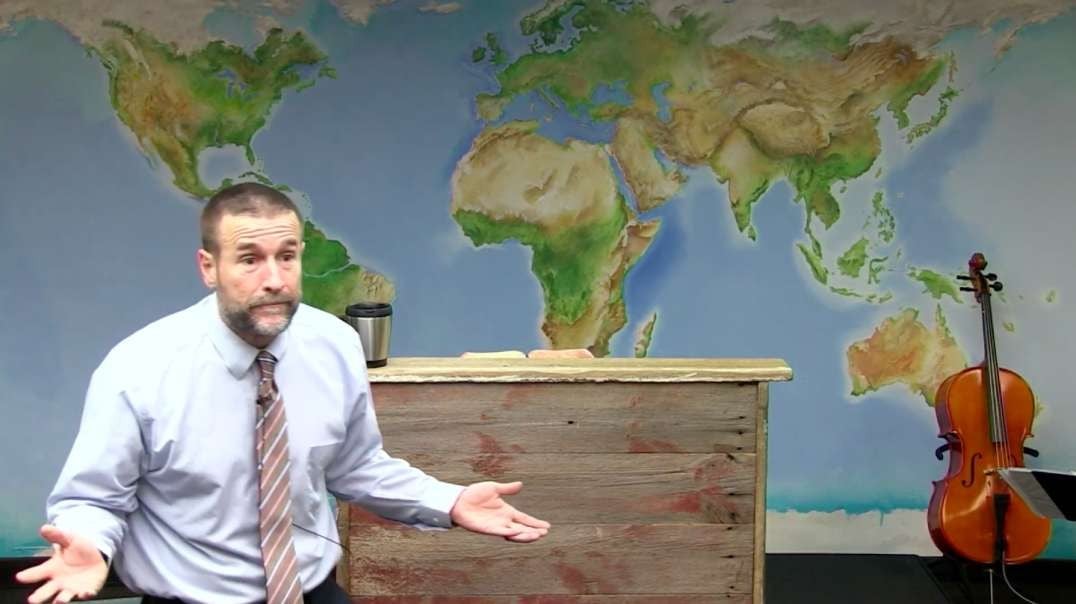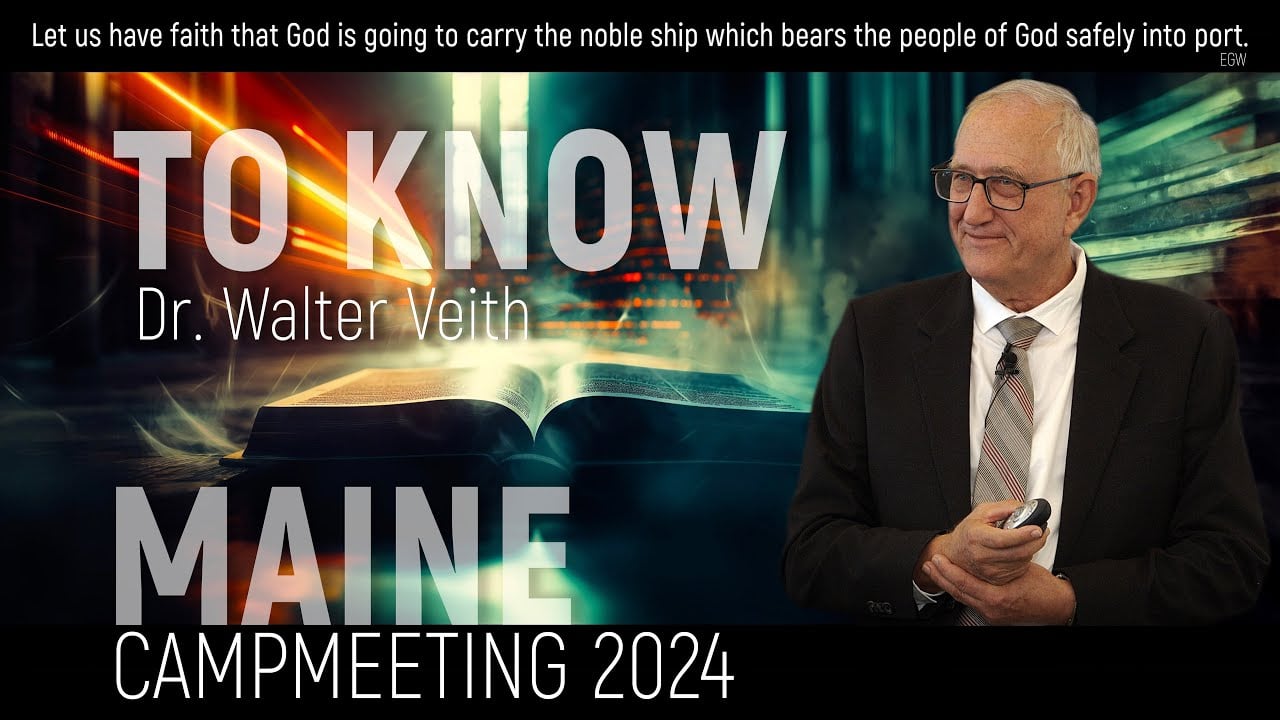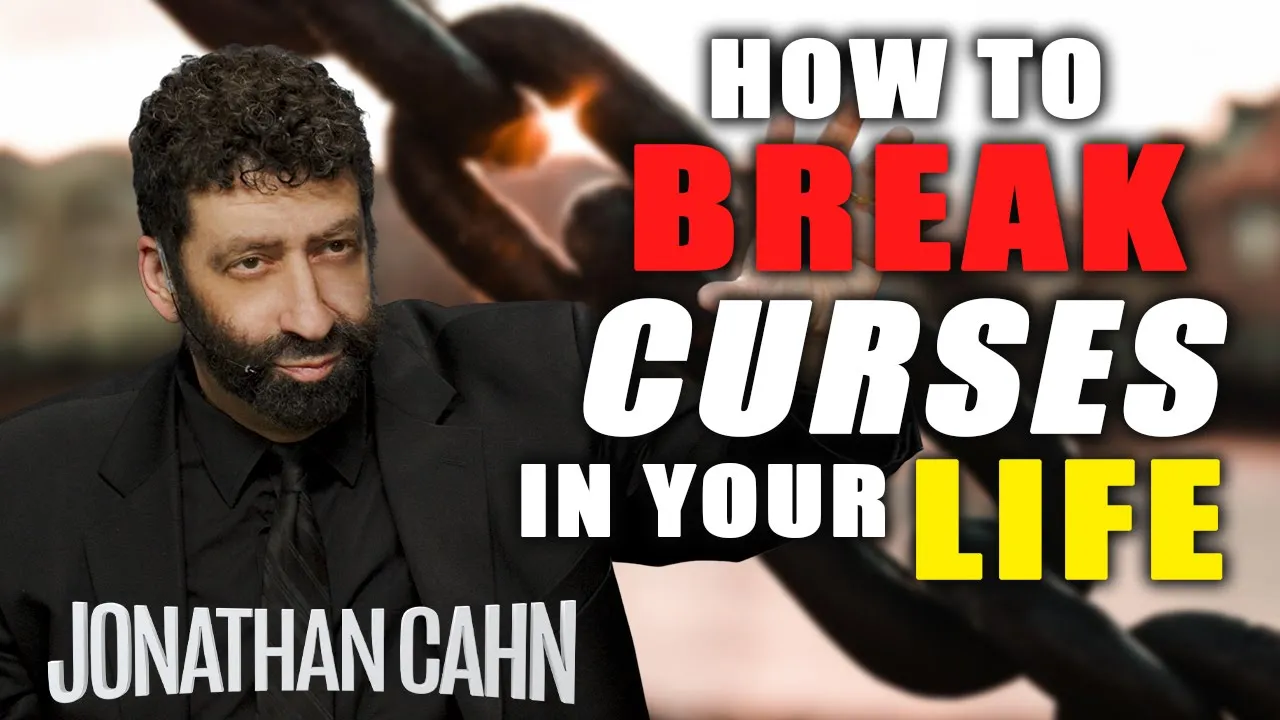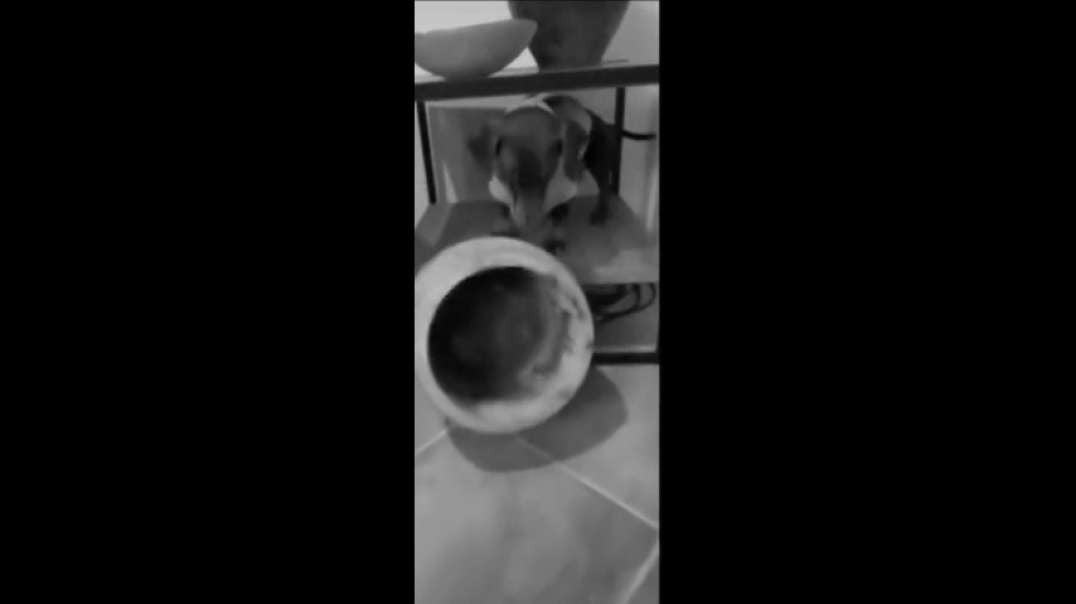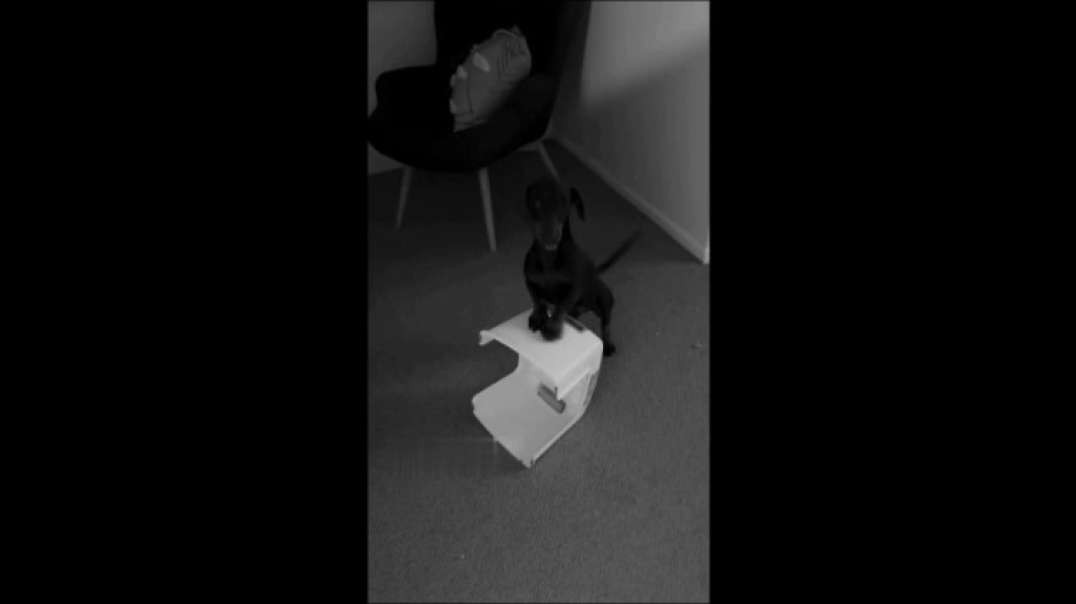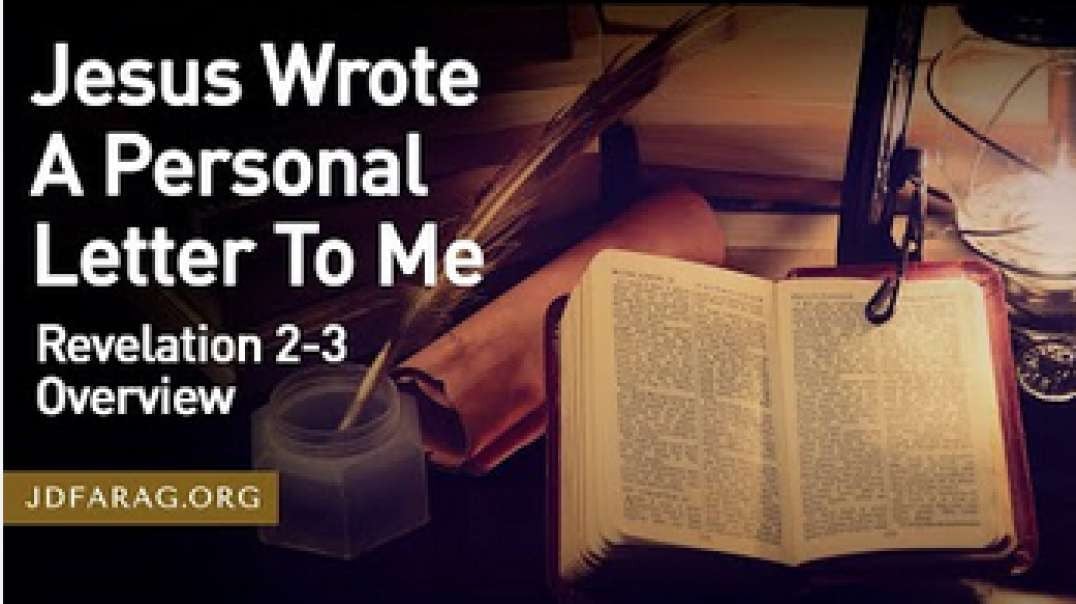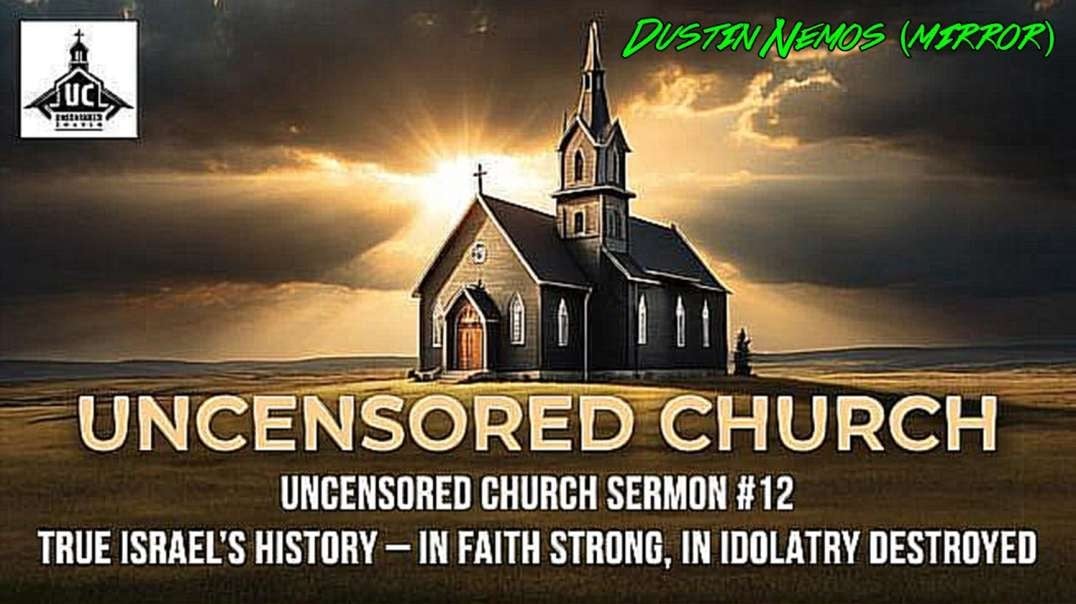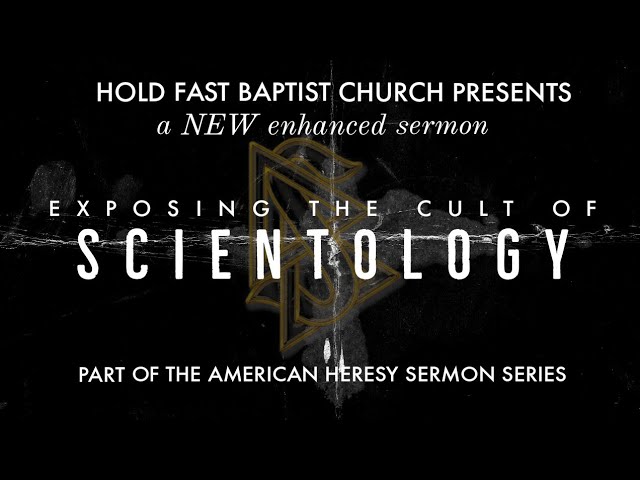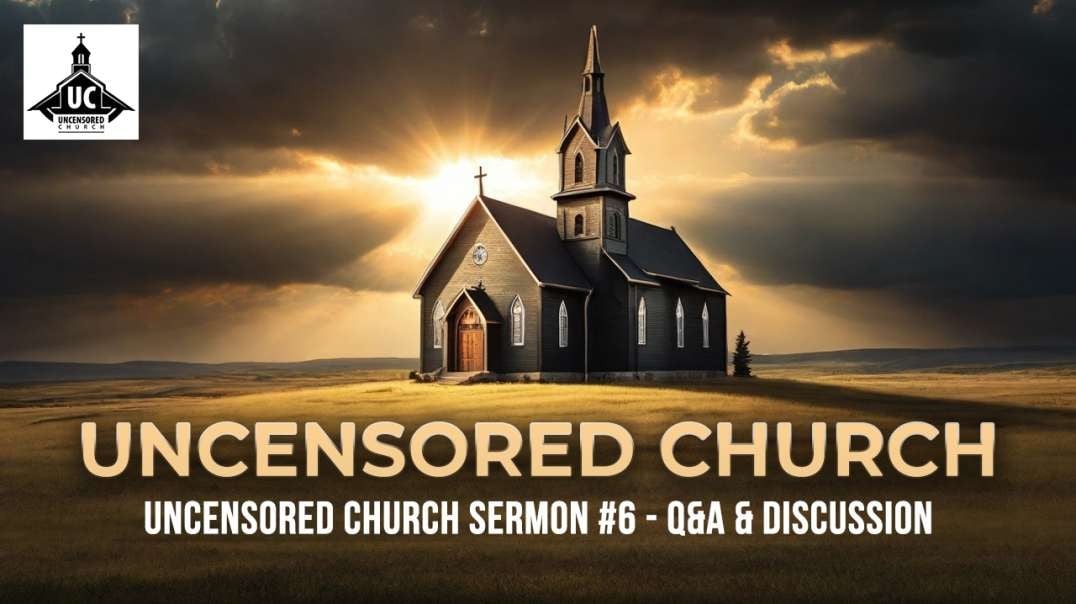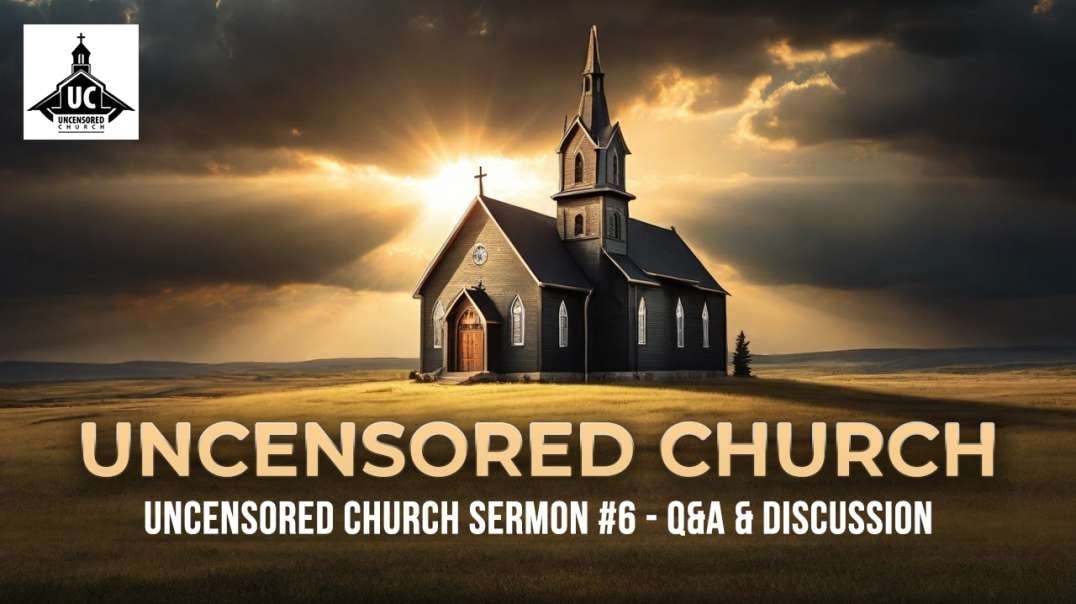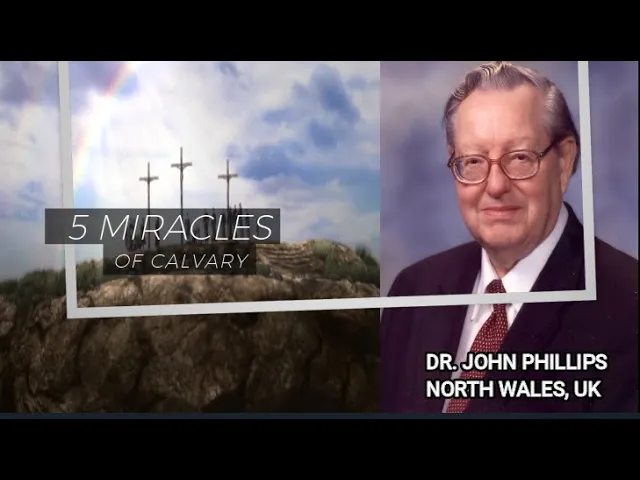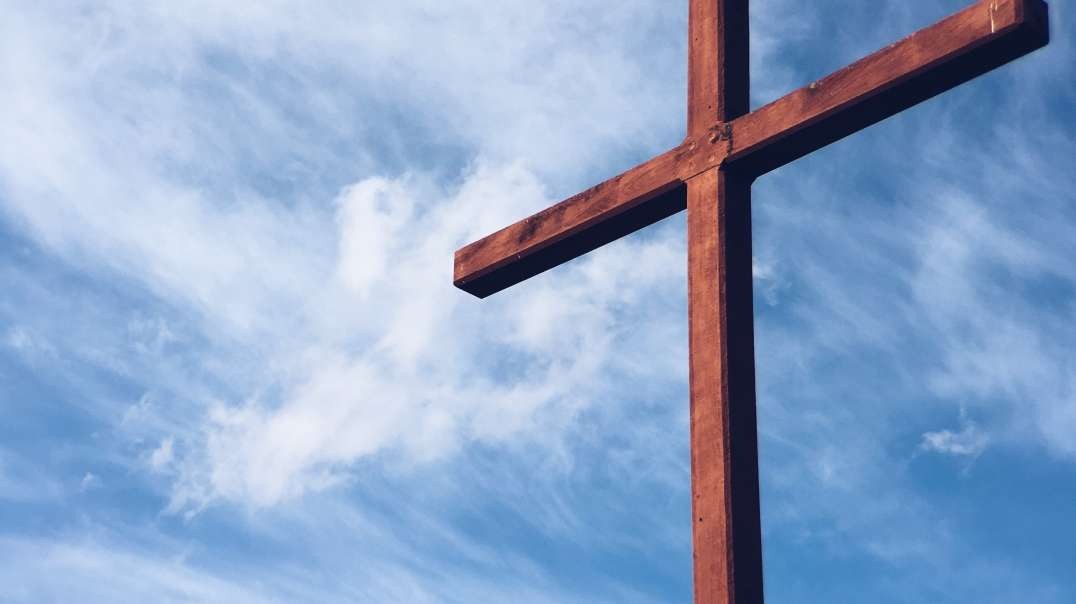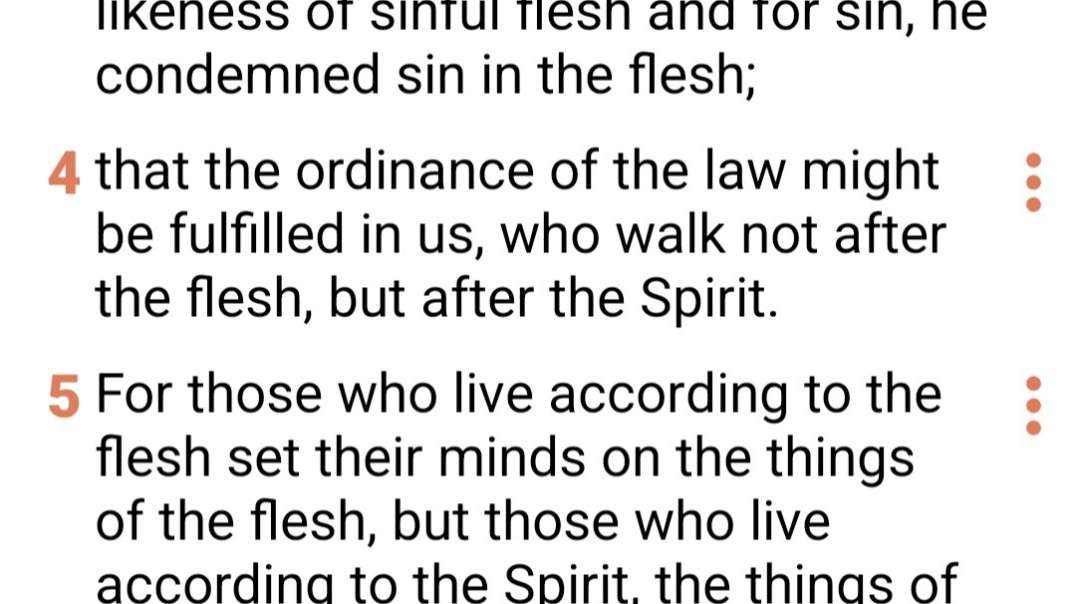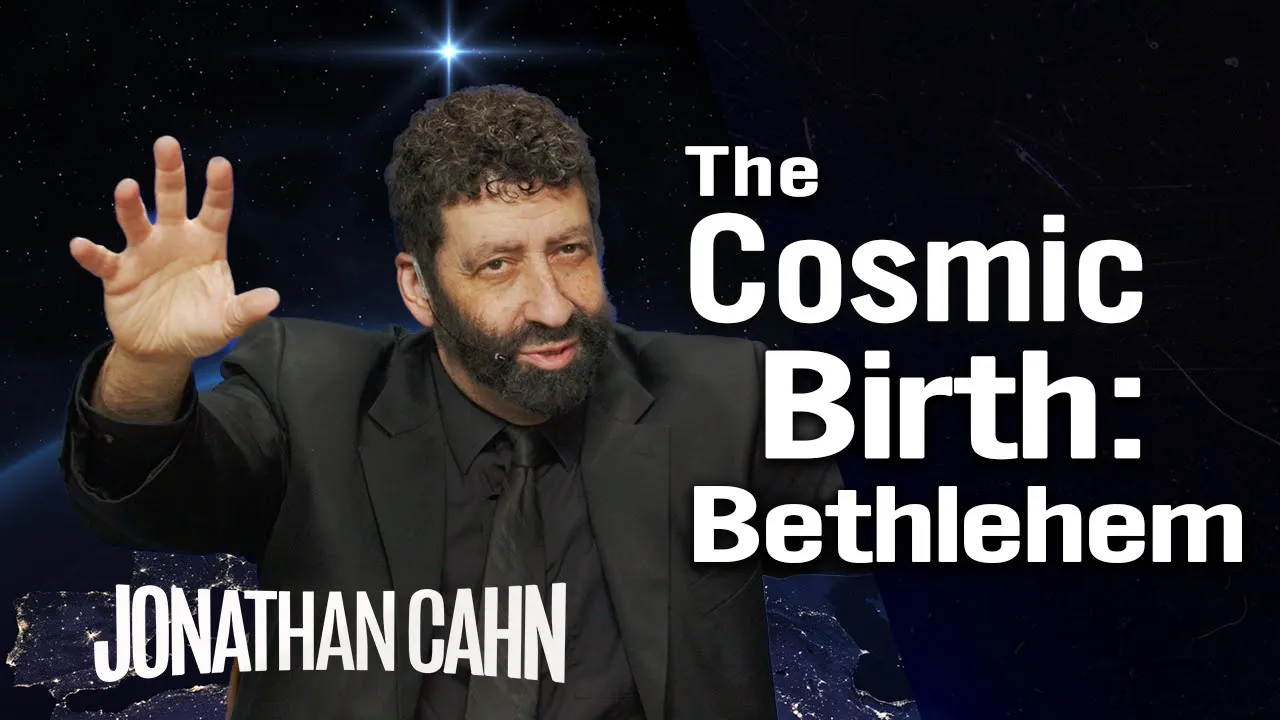A Sermon on Furniture
As we have been out of the book of Hebrews for the last two Sundays, I believe it will be helpful to take a moment and set our section today—Hebrews 9:1–14—in its broader context on three levels:
First, there is the broadest context without leaving the book itself, and that is what the author of Hebrews aims to do with this whole letter, right? What is Hebrews fundamentally about? You already know the answer: Jesus is better than all of his forerunners and rivals. His conquest is global and universal in scope. And in light of this, never go back to the shadows that he cast in the Old Testament, but cling in faith to Christ, the Cornerstone.
Second, zooming in one more click, our text today is in a section that really began in chapter 2, and which will run through chapter 10, the heart of the letter, which aims to unfold the great High Priesthood of Jesus—that he is our great, permanent all-sufficient High Priestly Advocate in the heavenly places by faith.
Finally and thirdly, zooming in again, we could say that our text is a part of a sub-argument that the author of Hebrews began to make in chapter 8, which is an argument about the supremacy of the covenant that Jesus mediates as this better High Priest—the New Covenant.
He wrote in Hebrews 8:6, that “...Christ has obtained a ministry that is as much more excellent than the old as the covenant he mediates is better, since it is enacted on better promises.” What does that mean? How is he the mediator of a better covenant, built on better promises?
The first part of his answer to those questions, in the rest of Hebrews 8, was to quote from the Old Covenant’s promises of the New Covenant and what it would be like from Jeremiah 31. We saw that the Old Covenant obviously wasn’t enough, couldn’t save anyone, but that it promised that which could and would save all of God’s people, the New Covenant.
We saw that the New Covenant which Jesus mediates and upholds is better, because it overcomes the core problem of the Old Covenant, namely, that it could describe righteousness before the Law, but not overcome human sinfulness that ensured nobody would actually keep the Law.
And so in Hebrews 8, we saw that the covenant Jesus mediates is better because it overcomes our sinfulness. It forgives us, washes us, and then gives us hearts with the holy Law of God written on them. The Law—rather than killing—now lives in resurrected saints under the New Covenant of Christ.
Now, in chapter 9, the author will show us another facet of the New Covenant’s supremacy, comparing the forms of worship under both covenants and showing us why the old pointed towards the new. Look with me, if you would, at Hebrews 9:1. This is the Word of the Living God:
“Now even the first covenant had regulations for worship and an earthly place of holiness. For a tent was prepared, the first section, in which were the lampstand and the table and the bread of the Presence. It is called the Holy Place. Behind the second curtain was a second section called the Most Holy Place, having the golden altar of incense and the ark of the covenant covered on all sides with gold, in which was a golden urn holding the manna, and Aaron's staff that budded, and the tablets of the covenant. Above it were the cherubim of glory overshadowing the mercy seat. Of these things we cannot now speak in detail.
These preparations having thus been made, the priests go regularly into the first section, performing their ritual duties, but into the second only the high priest goes, and he but once a year, and not without taking blood, which he offers for himself and for the unintentional sins of the people. By this the Holy Spirit indicates that the way into the holy places is not yet opened as long as the first section is still standing (which is symbolic for the present age). According to this arrangement, gifts and sacrifices are offered that cannot perfect the conscience of the worshiper, but deal only with food and drink and various washings, regulations for the body imposed until the time of reformation.
But when Christ appeared as a high priest of the good things that have come, then through the greater and more perfect tent (not made with hands, that is, not of this creation) he entered once for all into the holy places, not by means of the blood of goats and calves but by means of his own blood, thus securing an eternal redemption. For if the blood of goats and bulls, and the sprinkling of defiled persons with the ashes of a heifer, sanctify for the purification of the flesh, how much more will the blood of Christ, who through the eternal Spirit offered himself without blemish to God, purify our conscience from dead works to serve the living God.”
-Hebrews 9:1–14
